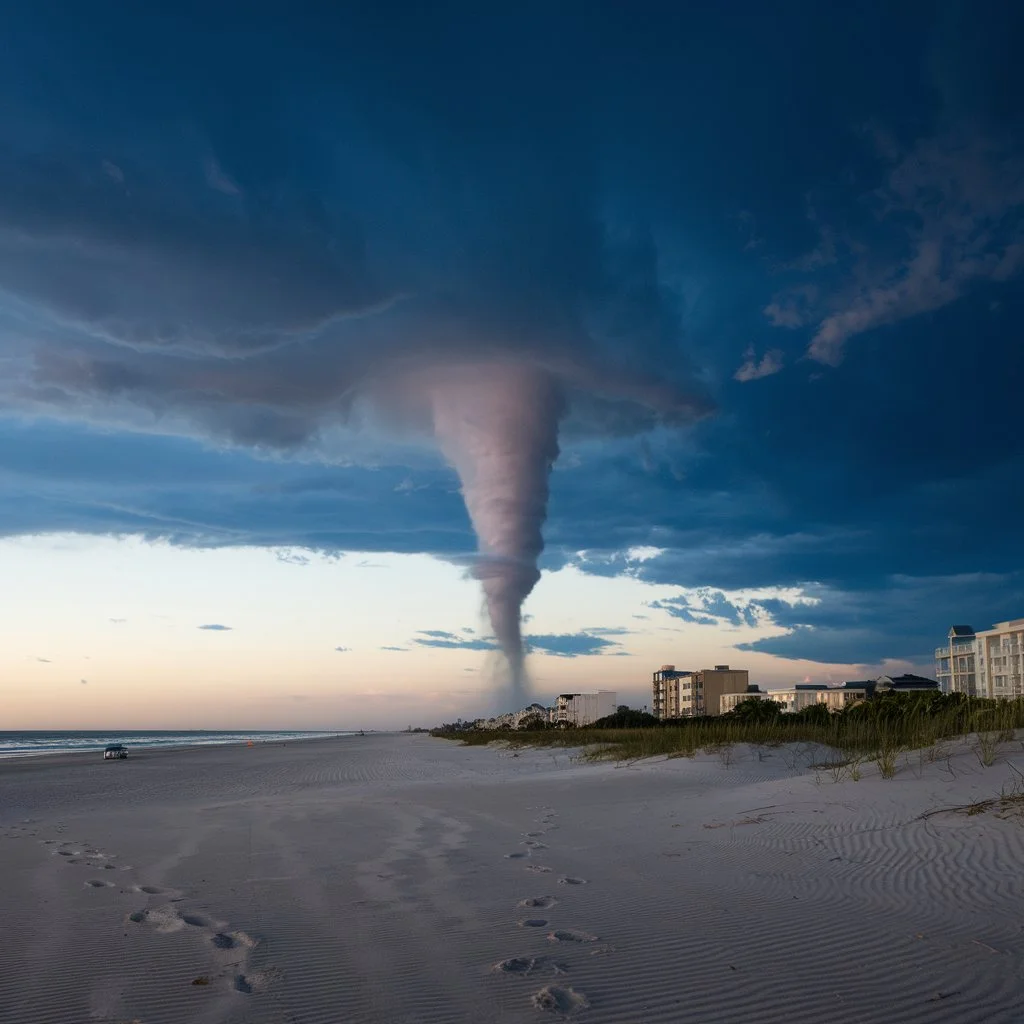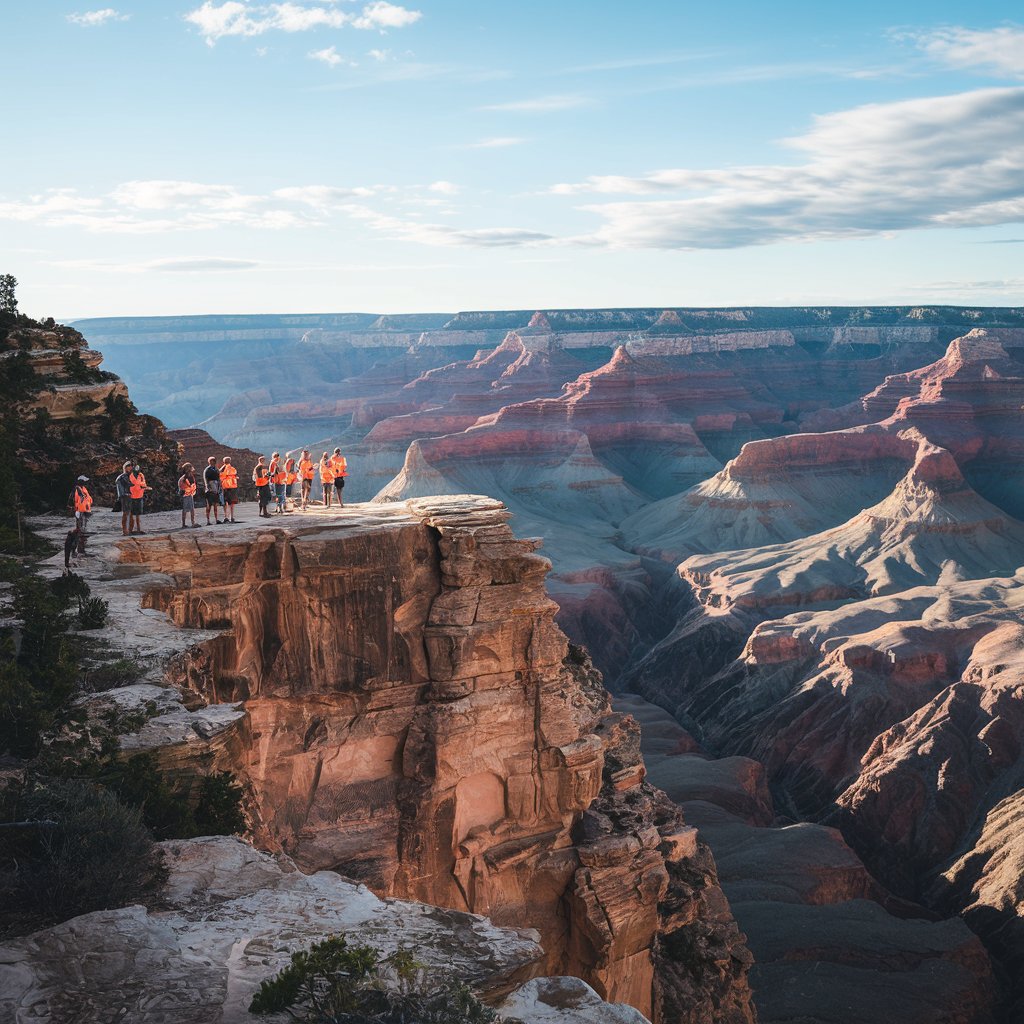Myrtle Beach South Carolina Tornado Updates

Myrtle Beach, South Carolina tornado events can bring sudden and severe weather conditions, impacting residents and visitors alike. Strong winds, heavy rain, and possible structural damage make it essential to stay informed and prepared. This article covers the latest updates, safety measures, and what to do in case of a tornado in Myrtle Beach, SC.
Historical Tornado Events in Myrtle Beach
This is a polished version with better flow and clarity:
Myrtle Beach suffered a major tornado incident on July 6, 2001. Late afternoon, two tornadoes tore across the region. First, at North Myrtle Beach, an F1 tornado momentarily crossed U.S. Highway 17. Alternating land and sea, the second, more catastrophic F2 tornado moved gently along the shoreline. It resulted in blown-out windows, overturned buses, damaged roofs and utility poles among other things. About 39 people suffered minor injuries; the overall damage was calculated at $8 million. Apart from the 2001 disaster, Myrtle Beach has gone through numerous tornado incidents. Myrtle Beach, South Carolina has seen 21 historical tornado occurrences altogether with a magnitude of 2 or above registered in or close by. Turn 0 search for a cite
Understanding Tornado Risks
Powerful windstorms marked by a twisting, funnel-shaped cloud called tornadoes. They can seriously compromise life, upend trees, and inflict major damage on buildings. Although “Tornado Alley,” the center United States, has the most frequency of tornadoes, the southeast states—including South Carolina—are equally prone. Conditions favorable to tornado development arise from the collision of warm, moist Gulf of Mexico air with cooler, dry air from the north.
See More Miramar Beach Travel Guide Sun, Sand, and Serenity
Tornado Safety Measures
One can save life by being ready and understanding how to react during a tornado. These are basic safety guidelines:
Stay Informed:
For current information, keep listening to TV, radio, or another news source. One consistent source of real-time alerts is a NOAA Weather Radio. Turn 0 Search 1 Citation
Seek Shelter Immediately:
Should a tornado warning be issued, immediately head for a safe refuge. Perfect sites may be a modest internal room on the lowest level of a strong building or a basement or storm cellar. Leave windows, doors, and outside walls behind you. Turn 0 search for reference
Protect Yourself:
Face down, lowest you can, then cover your head with your hands. Furthermore, even in an interior space, employ large padding like blankets or mattresses to guard against falling debris should the roof and ceiling collapse.
Avoid Vehicles and Mobile Homes:
Move to the closest large shelter if you are in a mobile home or car. Even if they are tied down, mobile homes provide minimal protection from tornadoes. If caught outside, hide in a ditch or stay in your car covering your head. Under a freeway bridge, where a tunneling effect might cause wind speeds to rise, do not hide. Turn 0search3’s cite
After the Tornado:
Once the tornado has passed, keep tuned in to news sources. Enter shattered buildings only once they have been clearly safe. Should a gas leak arise, also be careful with trash and avoid lighters or matches.
Conclusion
Although they are somewhat rare in Myrtle Beach, tornadoes are rather dangerous when they strike. Understanding the history of such events, recognizing the risks, and being prepared with appropriate safety measures can make a crucial difference. Ensuring safety during tornado events mostly depends on keeping informed and organizing oneself.
Frequently Asked Questions
Q: How common are tornadoes in Myrtle Beach?
A: Myrtle Beach has seen multiple tornadoes, with 21 documented incidents of size 2 or above, albeit not as often as in Tornado Alley. Turn 0 search for a cite.
Q: What should I do if I’m in a mobile home during a tornado warning?
A: During tornadoes, mobile houses provide scant protection. It’s best to escape right away take cover under a strong building or storm shelter close-by. Turn 0 search: cite
Q: Is it safe to take shelter under a highway overpass during a tornado?
A: No, taking shelter under a highway overpass is not safe. Wind speeds can increase due to a tunneling effect, making it more dangerous. It’s better to find a low, flat location or a sturdy shelter.











